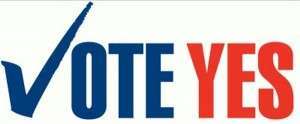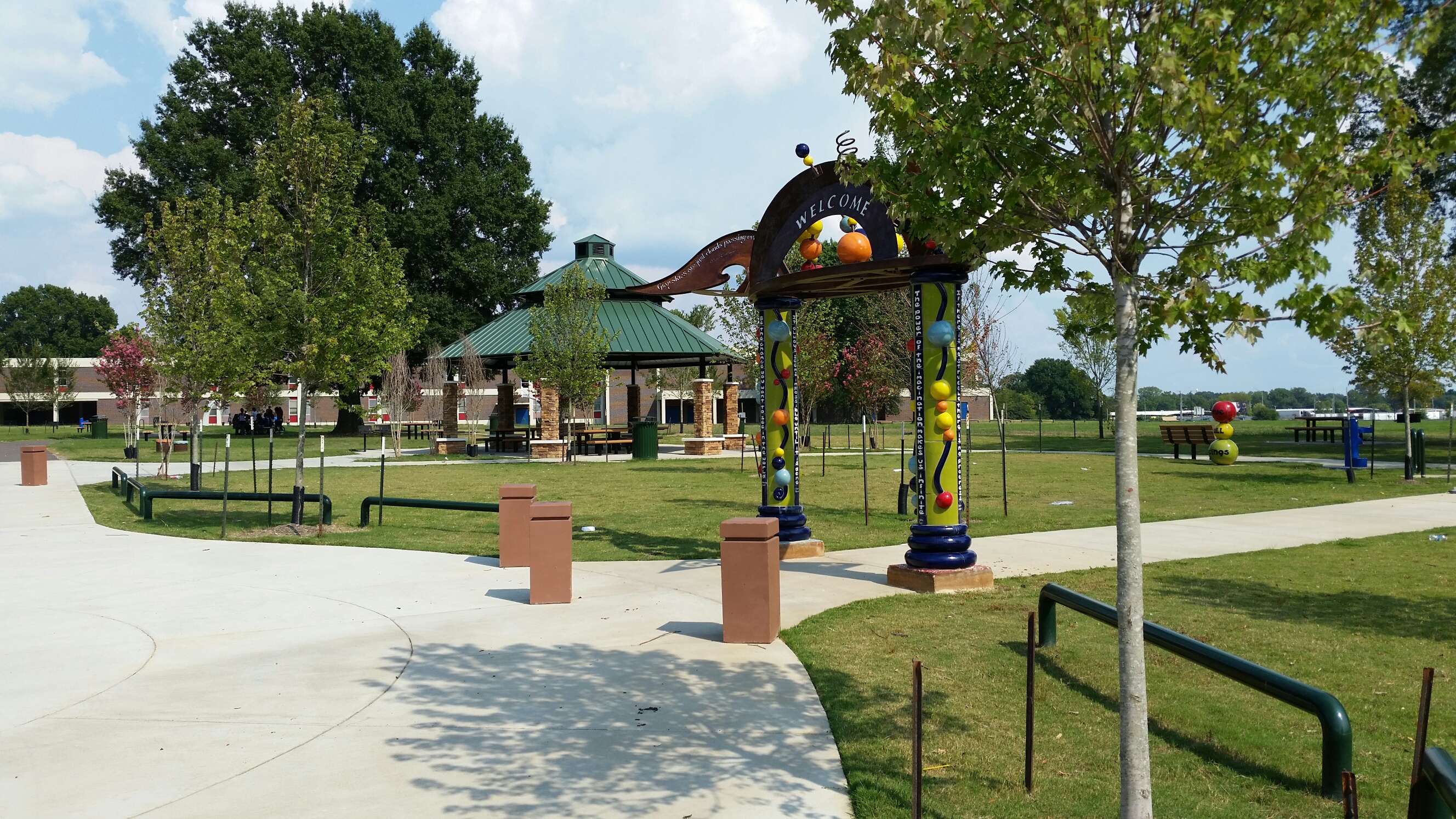It may be hard right now to imagine that an increase in the county sales tax is approved today, but it’s harder still to imagine that Memphians will believe that those who aided and abetted creation of the town school districts are now deeply concerned about the tax burden on Memphis residents.
And yet, many of them make the claim with a straight face.
Through media – both social and traditional – they wring their hands over the way that an increase in sales tax will punish the poor and elderly who live in Memphis. They are right that the increase is regressive, because sales tax in and of itself is a regressive tax, but local government only has regressive tax sources – property tax and sales tax, and between the two, an increase in sales tax is far superior.
It’s just simple math. Memphians pay 100% of a city property tax increase but a sales tax increase in Memphis will be paid not just by Memphians but also by non-Memphians who commute to Memphis to work and play and by tourists and other visitors to the city.
Tennessee: All About Regressive Taxes
City officials have already sounded the warning about an increase in the city property tax rate if the sales tax referendum does not pass. While most of the attention about the increase has focused on the money needed to fund the new merged district, half of the new money by state law is situs-based, meaning that it will be rebated to the place where it was collected. Half of the money collected in Memphis or one of the municipalities will be rebated to that municipal government. If collected in unincorporated Shelby County, it will be rebated to county government.
Of course, the most progressive – or non-regressive – tax is income tax, and without it, local governments are left with the best of two bad options. While the anti-sales tax forces claim to be concerned about the impact of the regressive tax on Memphians, don’t look for them to lead any campaigns for more progressive taxes.
Progressive taxes are when tax burden is based on a person’s ability to pay. In other words, people with higher incomes pay higher percentages of their earnings in taxes. In Memphis and Shelby County, it’s just the opposite. The more someone makes, the less they pay. It is the poster child for what a regressive tax looks like.
Regressive On Its Face
A comparison of the average tax burden for the largest cities in 50 states paints a graphic portrait of our state’s tax structure’s inequities. To bring it local, consider this:
* Memphians who earn $25,000 pay 10.8% of their income in taxes
* Memphians who earn $50,000 pay 6.0%
* Memphians who earn $75,000 pay 5.8%
*Memphians who earn $100,000 pay 4.9%
*Memphians who earn $150,000 pay 4.3%
For perspective, consider that the 4.3% in Memphis for families earning $150,000 compares with the following rates: Philadelphia, 11.1%; Providence, 11.4%; Baltimore, 10.1%; Atlanta, 10.2%; Columbus, 10.2%; Louisville, 10.0%; and Little Rock, 9.2 . The three cities with the most regressive state and local tax systems are Las Vegas, Nevada; Sioux Falls, South Dakota; and Memphis.
Schools Need The Money
In other words, the regressivity of our tax structure is cause for alarm, but there’s little likelihood that it will be corrected anytime in the near future. Also, if there is any movement to remedy this problem, you can look for the same people opposed to the sales tax increase to also be opposed to the changes needed to make the system fair.
If the sales tax rate increase is approved at referendum, schools will get $30 million, and there are some opponents of the increase who contend that the additional funds are premature, because the budget has not been finalized by the new county school board. They also make the point that promises that the additional funds will pay for pre-K for all Memphis children is not iron-clad and that the school board can always do whatever it likes with the money.
Despite the pre-K issue, there is no argument that the new school district starts with a budget shortfall of about $70 million. Some opponents say that the sales tax money takes the pressure off the school board to make budget cuts, but that’s just as speculative as the other side’s positions they criticize.
We have seen no evidence that the school board is not serious about efficiency, but with mergers of this kind (whether in the public or private sectors), there are always costs for the new merged processes themselves. So it will be for the new district.
Wheel Tax Myth
Then there are some who are simply not telling the truth when they compare the potential sales tax increase to the county wheel tax, a tax whose mythology only seems to grow with the passing years. Some opponents say that the sales tax increase will be a bait and switch like the wheel tax although state law doesn’t allow a shift of the money from education to anything else and more to the point, the wheel tax was spent exactly as promised and on the purposes presented at the time.
But don’t try to tell that to the conspiracy-minded who to this day warp the facts until they are unrecognizable. There are people who swear the wheel tax was only to last one year, that it was to pay for all construction needs of the schools, that it wasn’t supposed to pay for The Med and schools, that only Shelby County has a wheel tax, and that it was surreptitiously passed by the board of commissioners.
None are true. The tax was passed in a public meeting, its uses were approved in a public vote of the board of commissioners, and the bonds being paid by the tax could not have been issued without a detailed accounting.
Come Again
No one working for the sales tax increase is kidding themselves about the long odds for passage. The campaign for it started too late (mostly because of the quick decision by the county board of commissioners to add it to the ballot) and the absence of a clear, compelling case by City of Memphis for the use of its $30 million in new revenues has not helped — although in a radio ad released last week, Memphis Mayor A C Wharton said the money would help pay for improvements to libraries and community centers – but it’s late in the game to clarify city uses.
City of Memphis was a reluctant supporter for the referendum and only came on board because of promises for pre-K education. Before the board of commissioners put the countywide vote on the ballot, city government had plans for a city-only vote that would have yielded about $60 million at a time when it is facing serious financial challenges. Truth be told, schools aside, a sales tax increase may have a better chance if it is for city government only, and if the current referendum fails, there is little question that a city-only increase will be sought.
Given a second chance, City of Memphis could advance a city investment plan for the new money that could have traction, say, to improve equipment in city parks, return libraries to the longer hours it had only a few years ago, improve community centers, attack blight even more aggressively, and more.
The overriding questions that voters want answered in referenda like this is: What does it mean to me and how does it change my life? In 48 hours, we’ll know if Memphis gets the chance to make that case.





Hope people don’t lose sight of the fact that both the county sales tax increase and a significant county property tax increase would be needed to keep funding for schools within Memphis at the same level that the schools are receiving today today. That’s becaise the city property tax funding for schools in Memphis is going away as a result of the school system charter surrender. jcov40